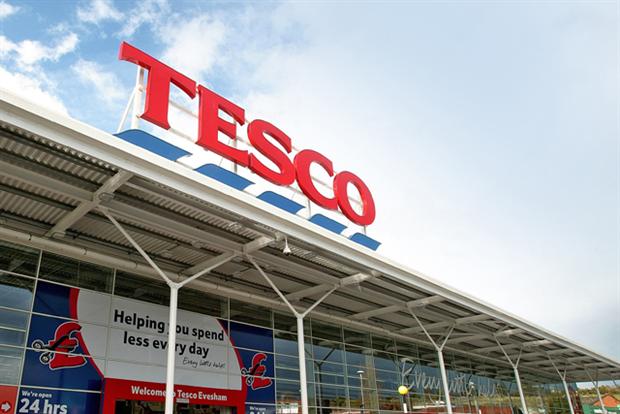Earlier this week Tesco announced the launch of its first current account through its Tesco Bank brand. They are the latest to join the surge of companies that are taking on the banking industry; M&S launched theirs earlier this year with Virgin Money to follow.
Challengers taking on the 'big four'
The stronghold of the "big four" is now under threat, not only from challenger brands, but also due to advances in technology, which will transform the industry completely. This left me wondering what does the future of banking look like in the UK?
Three quarters of the market is currently dominated by the "big four" banks: HSBC, Lloyds, Barclays and Royal Bank of Scotland. To date, the arrival of challenger brands breaking into the industry has barely caused a ripple. However, there is every chance that the likes of Tesco will shake things up.
A matter of trust and tech
We know that trust in banks is low. Consumers are fed up with confusing messages, low value products and poor customer service. They are looking for a better offer, from a brand that they trust. Supermarkets, for example, already instil trust, have a relationship with their customers and have considerable loyalty via reward schemes. If supermarkets can clear the structural barriers associated with a move into mainstream banking, they stand a great chance.
As well as facing brands that maintain a higher level of trust and respect, banks need to contend with the advances in technology.
Over the last few years there has been a definite shift to online. It has been reported that in three years only 5 per cent of consumer interaction will be through branches. Branch-based services are declining rapidly due to consumers expecting 24/7 service, which they can’t offer. Tesco’s current account will only be offered online (although customers will have the option of making deposits at 300 participating stores).
Mobile payment could be the key
Emerging technology such as the developments in mobile payments equal real benefits to the consumer but represent challenges to banks, not least because new brands could emerge from completely different sectors, take Google and Facebook.
Google’s Wallet is their first step into the financial sector. A free digital wallet that securely stores your credit cards, debit cards, loyalty cards and offers.
Users can shop in stores, buy online, and send money with the Google Wallet App, all from their smartphone.
Facebook are close to acquiring a banking license in Europe, which would allow users to store money on the site or buy items online. Data gives Facebook a huge advantage over the established banks. All they need do now is convince users to trust them with the security of their financial data.
Can Google, Facebook, et al be trusted?
Will the younger generation see Facebook or Google as more trustworthy than a traditional high street bank? The "millenials" are in fact, very open to the idea of banking with a company that isn’t a bank. They want instant, secure purchasing, with as few interactions as possible. They want their bank to be a brand that they trust and know inside out.
Having grown up with the big tech companies like Google, Facebook and Apple, who better to fulfil their banking needs?
Banks might have experience on their side, with vast amounts of customer data, security expertise and regulatory compliance in place, all of which will be difficult for outside competitors to replicate. But, they are undoubtedly at risk from outside competitors, who are geared to be highly innovative and have a captive audience.
Simply being 'more digital' versions of what they do today will not be enough to assure a bank’s success in the future. They need to think "consumer first, tech double first", else risk being overtaken.


